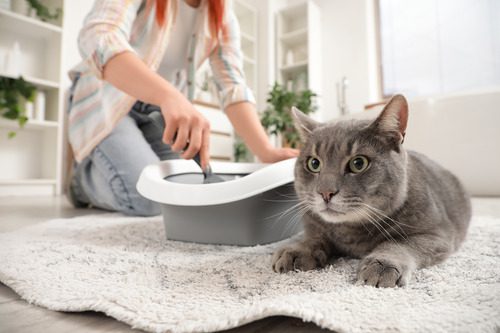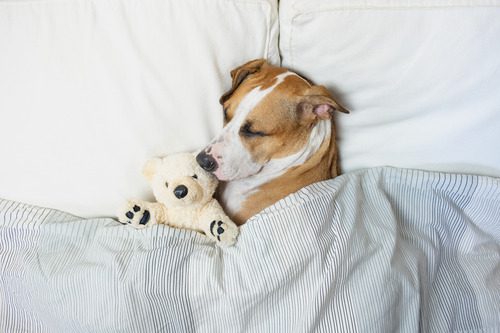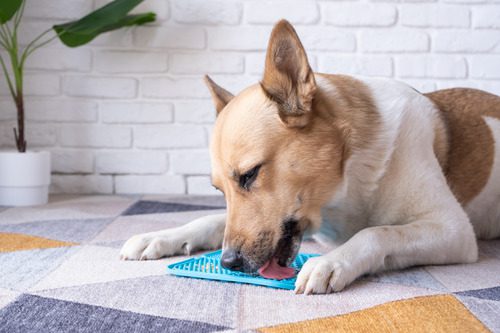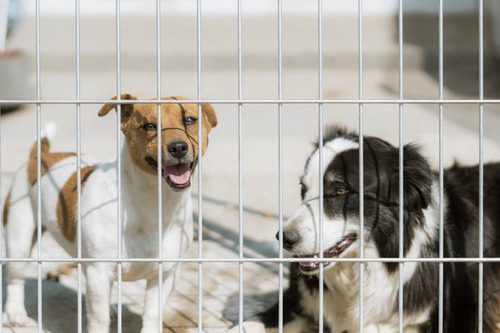Is Catnip Bad for Dogs
Dogs are known for their curiosity, often leading them to explore and taste things they shouldn’t. If you have a cat at home, you might be familiar with catnip – that magical herb that sends your feline friend into a playful frenzy. But what happens if your dog gets into the catnip stash? Is catnip bad for dogs? In this blog, we’ll explore the effects of catnip on dogs, whether it’s safe, and what you should do if your dog consumes it.
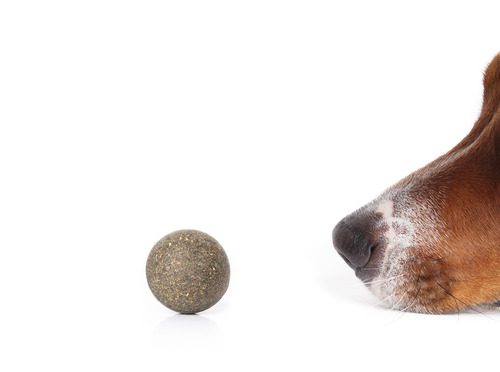
Understanding Catnip and Its Effects on Dogs
Catnip, scientifically known as Nepeta cataria, is a herb from the mint family. It contains a compound called nepetalactone, which affects cats by triggering a euphoric reaction. However, the same compound does not have the same effect on dogs. When dogs consume catnip, the results can vary. Some dogs may show no reaction at all, while others might experience mild effects. These effects can include relaxation or slight stimulation. In most cases, catnip is not toxic to dogs and is safe in small amounts.
What Happens When a Dog Consumes Catnip?
While catnip is generally safe for dogs, consuming large quantities can lead to gastrointestinal upset, leading to vomiting or diarrhea. If your dog ingests a significant amount of catnip, monitor them closely and contact us if symptoms persist. Dogs may also experience mild sedation after eating catnip. This can be beneficial for anxious dogs or those who have trouble relaxing. However, always consult with your veterinarian before using catnip as a calming aid for your dog.
The Benefits and Risks of Catnip for Dogs
Catnip can offer some benefits for dogs, such as helping with anxiety or aiding digestion. However, these benefits are not scientifically proven and can vary from dog to dog.
Potential Benefits of Catnip for Dogs
- Calming Effect: Some dogs may experience a calming effect from catnip, which can be helpful in stressful situations such as fireworks or thunderstorms.
- Digestive Aid: Catnip can act as a digestive aid, helping with minor stomach issues.
- Antimicrobial Properties: Catnip has natural antimicrobial properties that can help with minor infections or skin irritations.
Risks and Precautions
While catnip is not inherently harmful to dogs, there are some risks to be aware of:
- Gastrointestinal Upset: As mentioned earlier, large amounts of catnip can cause vomiting or diarrhea.
- Allergic Reactions: Though rare, some dogs may be allergic to catnip. Watch for signs of an allergic reaction, such as itching, swelling, or difficulty breathing.
- Overconsumption: Dogs that consume too much catnip may experience sedation, which could be harmful if they need to stay alert.
If you’re considering giving your dog catnip, consult with your veterinarian first. They can provide guidance based on your dog’s specific health needs.
How to Prevent Your Dog from Accessing Catnip
Preventing your dog from accessing catnip can save you from potential worries. Here are some tips to keep your dog safe:
- Keep catnip in a secure, elevated place where your dog cannot reach it.
- If you have a cat that uses catnip toys, supervise playtime to ensure your dog doesn’t get too curious.
- Make sure everyone in the household is aware of where the catnip is stored and the importance of keeping it away from your dog.
Safe Alternatives to Catnip for Dogs
If you’re looking for safe ways to enrich your dog’s environment, consider these alternatives. Herbs like chamomile, ginger, and valerian root can provide calming effects for dogs. Invest in dog-specific interactive toys to keep your dog mentally and physically stimulated. Regular exercise and training can help manage anxiety and promote overall well-being.
When to Contact a Veterinarian
If your dog has consumed catnip and shows signs of distress, it’s important to contact a veterinarian. Symptoms to watch for include:
- Persistent Vomiting or Diarrhea: If these symptoms last more than a few hours, seek veterinary care.
- Allergic Reaction: Swelling, itching, or difficulty breathing requires immediate attention.
- Excessive Sedation: If your dog is unusually lethargic or unresponsive, contact your veterinarian.
At Best Friends Veterinary Hospital, we’re here to help. If you have any concerns about your dog’s health or if they’ve ingested catnip, give us a call. Our team is ready to provide the care and advice your pet needs.
Contact Best Friends Veterinary Hospital for Expert Advice
Understanding whether catnip is bad for dogs is essential for any pet owner. While catnip is generally safe, it’s crucial to monitor your dog and consult with a veterinarian if you have any concerns. At Best Friends Veterinary Hospital, we are dedicated to your pet’s health and well-being. Call us today for more information or to schedule an appointment. Our team is here to support you and your furry companion every step of the way.
Recent Posts
About Best Friends Veterinary Hospital
Our veterinarians and staff warmly welcome dogs, cats, and a variety of exotic pets as patients here at our animal hospital, and we offer a host of services to give your unique family member a lifetime of excellent care.

